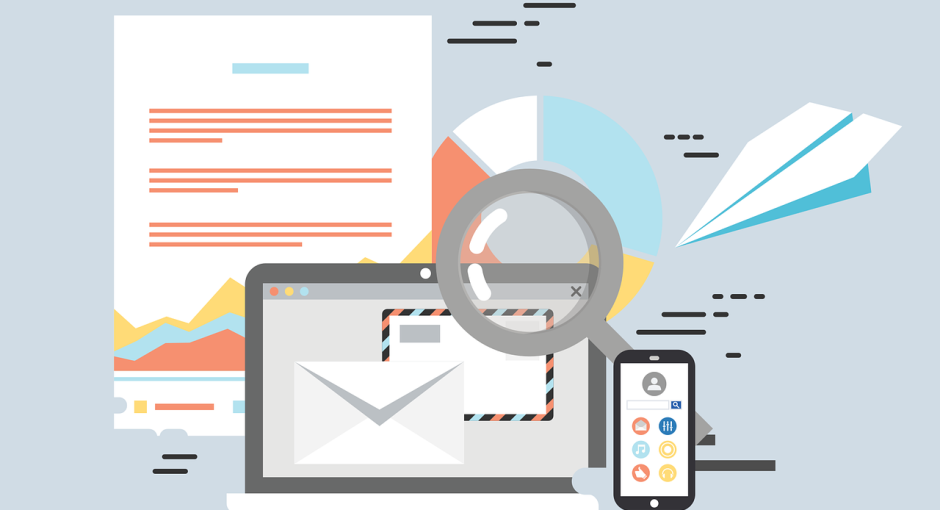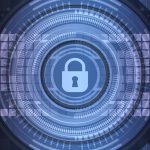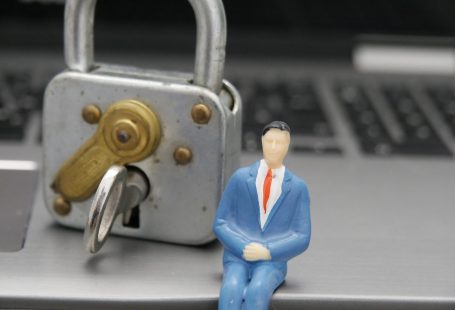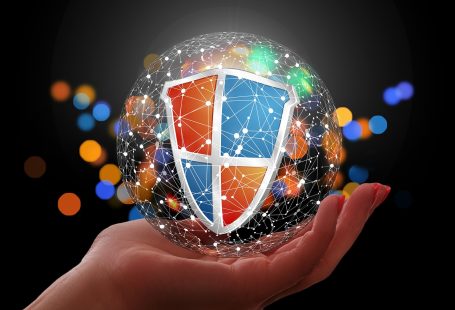While pursuing business interests, people often expose their personal information to various sources. Whether by accident or maliciously, this data may be misused by the public. The Internet has made it easy for automated information collection. Computerized databases make this process convenient. As a result, many people are exposed to unwanted uses of their personal information. Fortunately, there are many options for protecting your privacy. To begin, you can use the Electronic Frontier Foundation’s privacy settings guides to ensure your personal details are protected.
The Electronic Privacy Information Center is a nonprofit research organization that works to protect individuals’ rights and promote constitutional values. Their mission is to increase public awareness of privacy and free speech issues through articles, reports, and books. The organization’s website features current information about privacy issues, as well as a number of free resources for citizens and businesses alike. The Electronic Privacy Information Center is headquartered in Washington, D.C. and is a great resource for finding out more about these issues.
The Electronic Privacy Information Center is another great resource for information about protecting your privacy online. Their website contains reports and articles about the growing threats to our privacy. Their website also offers books about privacy and the Internet. Their website is a great source of information about these and other issues. For more detailed information about the Electronic Freedom of Information Act, visit their website. There you will find more information on the underlying law and its impact on society. And, finally, be sure to consider the benefits and drawbacks of different forms of online communication.
New technology has increased the concern of privacy violations, and many nations have passed privacy laws. Human rights groups have also expressed concerns about the export of surveillance technology to developing countries that lack privacy laws. The power of information technology is increasing faster than ever before, so it is important to protect our rights against its use. There are many benefits and risks associated with using it, and you can be assured that your privacy is well protected with these technologies. If you have questions about your personal safety and security, please contact the appropriate authorities. You can also seek legal advice from an attorney.
Whether it’s a matter of protecting your privacy on the Net or regulating the use of information, government regulations are necessary to protect your privacy. For example, security-critical software, such as the Internet, must be protected from harm from the outside world. Nevertheless, a number of factors can reduce the level of privacy in electronic communications. It is possible to block access to information from a website, but this can compromise the security of your data.
Although the concept of privacy has become widespread, it has also led to a variety of negative consequences. During the public outcry surrounding SOPA, privacy policies have been poorly understood. Most users skim the fine print and look for information about how your information is being used and where. Ultimately, the public’s right to privacy is paramount. Therefore, the best way to protect your privacy online is to make your online interactions with companies and with consumers as easy as possible.
The use of electronic privacy is essential to your protection. It is important to protect your privacy and the confidentiality of your data. By using this service, you are taking action against those who violate your privacy. You should ensure that your information remains private and avoid any company that uses it to monitor you. You must protect yourself and your family from this danger. There are many ways to protect your digital information. The most important is to avoid unwelcome solicitations and spam.
Information privacy is crucial for all of us. You have the right to access all relating data. You have the right to correct inaccurate or incomplete data. The right to erase your personal information is a fundamental right that you should be able to exercise. If you are not sure how to protect your personal information, consider contacting the Information Infrastructure Task Force. The IIT will establish rules for the use of this technology and keep it secure. You can also learn more about your rights and the implications of not sharing it with the public.
Image by talha khalil from Pixabay
























